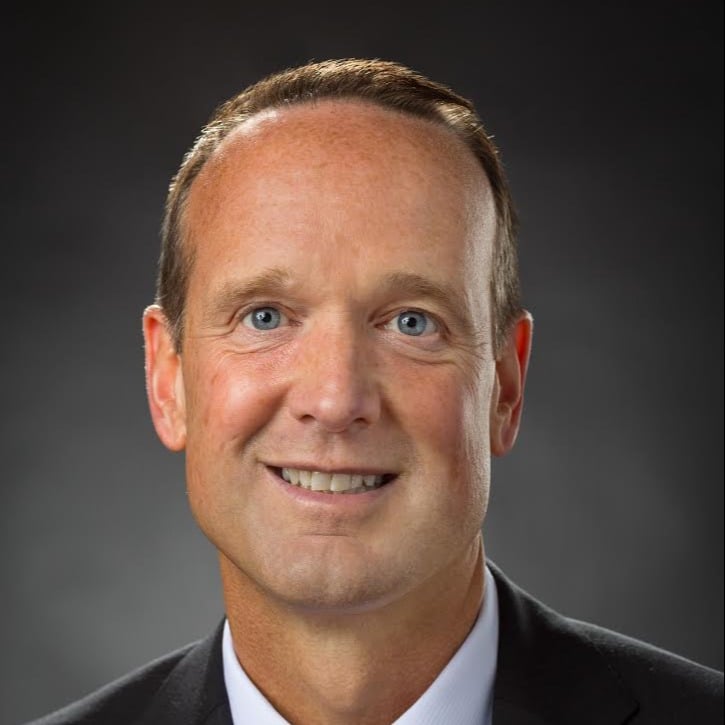You are at your desk planning for next year. You are singing a song in your head, and you don’t even realize it.
“If I could save time in a bottle
The first thing that I'd like to do
Is to save every day till eternity passes away
Just to use them at school.”
Time is so limited in schools. You need more of it to teach all of the standards. You need more of it for interventions and enrichment. You need more of it for teacher planning and collaboration. You need more of it for professional learning. You need more to meet with students, staff, families, and the community. You get the point. As Jim Croce wrote in the song "Time in a Bottle":
“There never seems to be enough time
To do the things you want to do, once you find them”
For school leaders, each spring reminds us just how much the sentiment rings true. As we work to create the master schedule and the calendar for the following year, there just never seems to be enough time to schedule all of the things we want to do once we find them!
So here we are again faced with the constant refrain of school leadership: when confronted with excessive demands on limited resources, it’s time to prioritize! In the case of time, it is critical to understand which of the things that “you want to do” are going to result in the greatest impact on learning for all students.
The two structures that control and prioritize your time in a school setting are your master schedule and your calendar. Too often, we consider these structures in isolation. We need to ensure that we are gaining synergistic value from these structures by considering them together. We need to put all of our time in a bottle in order to best think about how to leverage it on a daily, weekly, monthly, and quarterly basis in the service of both student and faculty learning.
As you are considering the value of your school time, consider using this tool which provides strategies and considerations for effective master school schedule and calendar planning.
The first thing you need to make time for is getting your school community stakeholders together to begin prioritizing and problem-solving your master schedule and your calendar. If you already have something in place that doesn’t prioritize learning, ask yourself if you have the time to make changes. You do! There is no time like the present.
If you prioritize the things that most support the learning of both educators and students, you’ll be singing like the Rolling Stones:
“Time is on my side, yes it is
Time is on my side, yes it is”
To learn more about MTSS, UDL, and scheduling, contact us to come to your school or sign up your team for the MTSS Virtual Institute, Building Success With MTSS.








